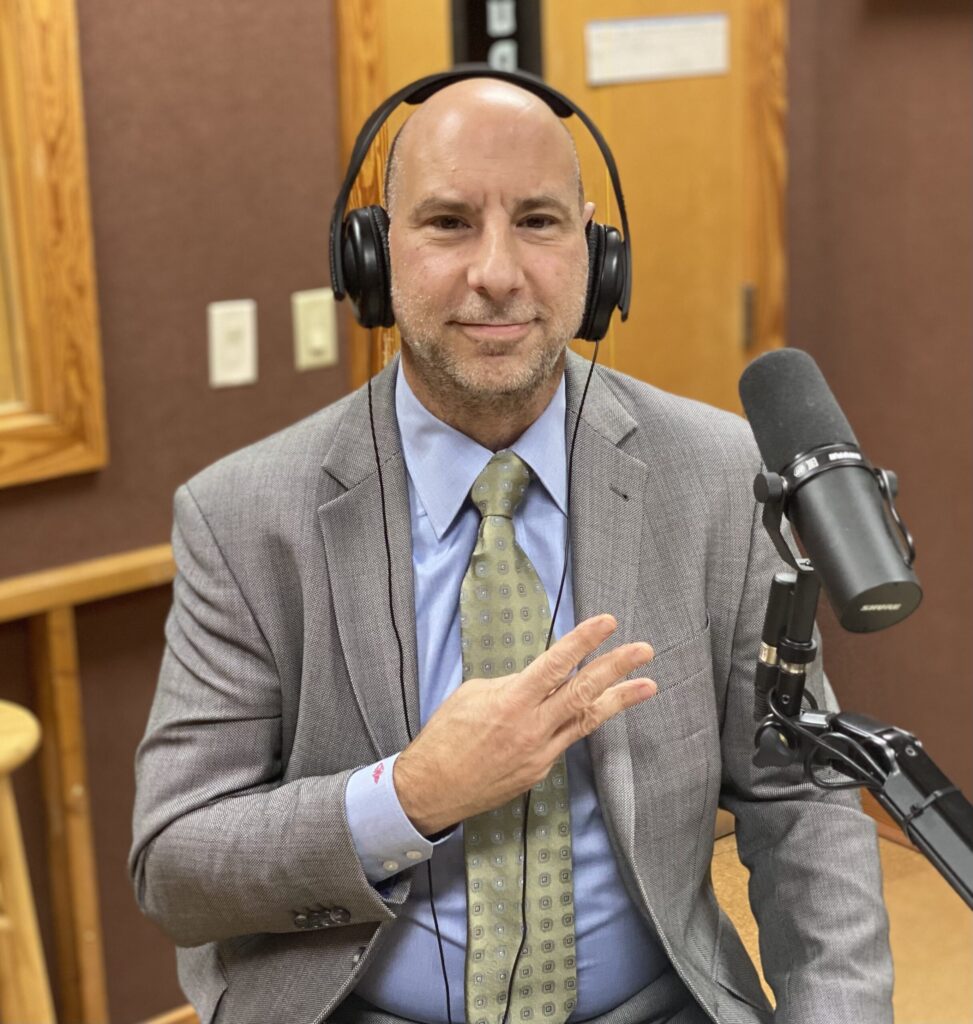With less than 100 days before the general election, Florida voters appear to be poised to legalize recreational marijuana.
But the opposition is just getting started.
Florida has some of the toughest marijuana laws in the country and tens of thousands of people are prosecuted every year. Voters will decide Nov. 5 whether to amend the state constitution to legalize possession of up to 4 ounces of marijuana for adults 21 and over
Two supporters and an opponent of Amendment 3 appeared on WMNF WaveMakers with Janet & Tom on Tuesday (7/30) to discuss the measure.
Michael Minardi, a Tampa criminal defense attorney and a member of the national legal committee of the National Organization for the Reform of Marijuana Laws (NORML), said the amendment is needed because police and prosecutors continue to charge tens of thousands of people every year in Florida. Last year, at least 66,000 people were charged with marijuana possession, according to the Tampa Bay Times.
Minardi said he was not surprised by the number of arrests. He said law enforcement has a financial stake in enforcing marijuana laws and sees the end coming so is pushing for more arrests while it can. He’s even handled cases in which someone with a medical marijuana card has been arrested because they didn’t have it in the labeled container it came in. “The odor of marijuana is still probable cause to search,” he said.
Even people who are caught with medical marijuana without a license are being charged with marijuana possession, he said. And while simple possession is a misdemeanor that usually does not bring a jail sentence for a first offense, it can make it more difficult to find a job or housing, Minardi said.
That’s reason enough to vote yes on Amendment 3, he said.
Jodi James, a longtime advocate of marijuana reform who is working with the Safe and Smart Florida campaign to approve the amendment, said she and other advocates will lobby the Legislature if the amendment passes to make sure medical marijuana patients are protected and recreational weed customers can get access without breaking the law.
Some medical marijuana patients oppose the amendment because it doesn’t allow Floridians to grow their own marijuana. She said they will also advocate for laws to allow people to grow their own marijuana, which is not included in the amendment because the law requires only only one subject at a time, James said.
Jessica Spencer, the advocacy director for the Vote No On 3 campaign, which was formed just last week, said she opposes the amendment because it doesn’t address important aspects of recreational marijuana, including taxes, outdoor smoking and funding for drug education and treatment.
Floridapolitics.com reported recently on an internal poll by Vote No on 3 that found that support for the amendment stands at about 64 percent, enough to meet the 60 percent requirement for passage. A poll released Tuesday also found 64% support, with 31% opposing and 5% undecided or refusing to answer the question, the Florida Phoenix reported.
Spencer said she’s confident there is sufficient time to defeat the amendment. “Once people start understanding and reading the amendment they’ll see what the issues and flaw are and why this really doesn’t work for our state,” she said. “I’m just excited to be a part of this.”
She said her group, which is backed by Gov. Ron DeSantis, believes the amendment is poorly worded and shouldn’t be in the Constitution. The group also is worried that a black market will increase if recreational weed is legalized because it will likely be cheaper than buying from a licensed distributor. Legalizing would also put children at risk because they will be exposed to more marijuana. And the amendment doesn’t address smoking in public.
Minardi said the Legislature banned smoking medical marijuana in public even though it was not addressed in the amendment and believes it will do the same with recreational marijuana.
H/T: www.wmnf.org



